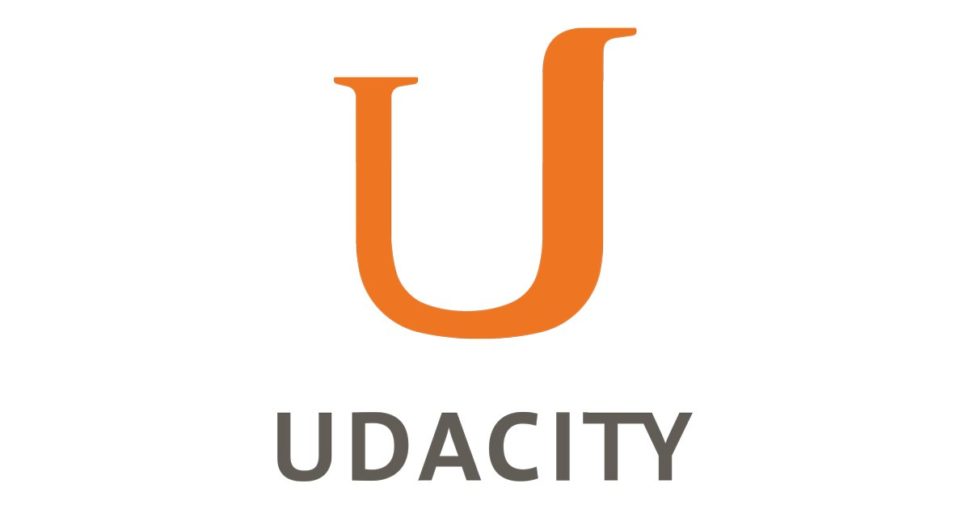The Internet provides vast amounts of information, but in recent years it has developed into hosting free education. What will the future look like with major institutions looking into the growing trend of online courses?
When Stanford Professors Sebastian Thurn and David Stavens put their “Intro to AI” course online, they offered it to everyone for free. The experience led them to found Udacity, a startup dedicated to providing free education through massive open online courses, or MOOCs.
How the Tables Have Thurned
Thurn, who is also a former Google VP and founder of Google X, shared his insights on his experience with MOOC participants by comparing them to Stanford students.
First, Thurn taught a class to 160,000 non-Standford students online. Then, he taught the same class to 200 Standford students. After ranking the two groups side by side, Thurn noted that the top 412 students were from the MOOC, with the top scoring Standford student ranking at number 413.
“That kind of opened my eyes,” says Thurn. “And I realized, My God, for every great Stanford student, there’s 412 amazingly great, even better students in the world.”
The experiment proved that the underlying idea behind Udacity had merit, but Stanford isn’t the only place exploring these innovations in online education. A new joint report from MIT and Harvard University has given us some comprehensive data gathered from 290 different MOOCs.
MIT and Harvard Agree on MOOCs
The report is the third annual study done on the subject of MOOCs, and their key findings come from the analysis of “nearly 30 million hours of online learner behavior and the growth of the MOOC space,” according to co-author Isaac Chuang of MIT.
There are four main findings in the study:
- Participation in MOOCs have grown steadily in the four years since the HarvardX and MITx courses began. During those years, over two million users participated in courses, and 245,000 certificates were issued for completing a course. The average for new participants per day is 1,554, and those who typically see a course through to the end will spend about 29 hours interacting with the online interface.
- Demographic statistics about participants is heterogeneous in background and intent. For the most part, learners are 29 years of age, and a significant portion of them hail from countries outside of the U.S. Additionally, there is a roughly two to one male-to-female ratio among the online learners.
- On the whole, computer science courses are the most enrolled in classes. Not surprising considering the inclusion of MIT into the mix. Also, computer science courses send more participants to other disciplines than the other way around.
- As for the educators, MOOCs seem to elicit a lot of participation and engagement. The study also found that some of the respondents gained a sense of identity as a teacher through the courses, and others instructed on the same course in which they participated.
A Possible Future for MOOCs
MOOCs are a revolution in public education because they allow potential students to get a quality education without many barriers to entry. If the safety net of parents and teachers doesn’t encourage them on to higher study, they may not even know about scholarship or education opportunities, but with MOOCs, people are more likely to get help in those areas.
Successful MOOCs could make educational institutions less important, making an education less of something that you buy and more of something that you earn. Colleges and universities aren’t going away, of course, but their role in society stands to change if certificates from MOOCs start getting accepted as qualifications for jobs in skilled professions.
Digital learning platforms may have a long way to go before they are seen on the level of traditional education systems, but current technologies could help fill that gap. For example, VR learning would be practical, safe, and virtually hands-on, so there is little reason to deny the knowledge of someone who learned a skill in a digital environment.
The view on MOOCs is optimistic for now, and with a bright future for free higher education, we can hope for a brighter future for society.





Comments (0)
Least Recent